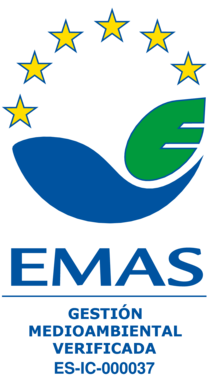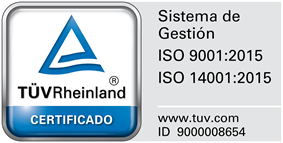With regard to the approval of the Law on Animal Abuse in France, we, from Loro Parque, proclaim the following:
Firstly, we find it important to bring forth the statement of the Senate of France, under the titleLaw on Animal Abuse: when deputies and Government adopt a law for animalists, the Senate will, itself, vote a law for animals(See in full: https://www.senat.fr/presse/cp20211118a.html), in which they make it very clear that they are concerned and do not share the vision of the Government that is apparently not capable of resisting the pressure of extreme animalist movements. Moreover, the press release from the Senate clearly states that the text of the law was more based on ideological narration than on real effectiveness for animal welfare upon its arrival in the Senate.
We certainly agree with the abovementioned statement and we find it completely unacceptable that the laws are being established under the pressure of any lobbyist groups, in this case anti-zoo activists, instead of the actual, scientifically proven facts! We have already pronounced ourselves on the subject in an open letter to Barbara Pompeii when the proposal for the law was firstly presented; where we clearly state that this proposal was politically motivated and in no way based on animal welfare. You can find the full letter here
What concerns the actual approved law, it is very disappointing and downright outraging that the educational animal presentations that form an integral part of the physical routine for the animals as part of their welfare program under human care have been prohibited. Under that pretext? As such, the sufficient physical movements of the animals have to be guaranteed to ensure that they are in good shape, both physically and mentally and the modern zoological parks that maintain cetaceans comply with this responsibility. At the same time, the animal presentations in the modern zoological parks serve an additional purpose: educational and informational one. They help the interested public to see and understand the animals in a setting impossible to find anywhere else, and at the same time get properly informed about the real problems that their counterparts are facing in the wild and what we – each one of us – can do to help them. We find it especially important since most of these problems are originally caused by us, people!
Therefore, such decision to prohibit the animal presentations cannot be justified by scientific facts or any other reasonable claim. The only true explanation as to why the educational presentations were targeted is because it is in the interests of the anti-zoo, radical lobbyist movement, whose objectives cannot be placed any further from the actual interests of the wellbeing of the animals.
In this regard, it is comforting to see that in other progressive European countries there are administrations that clearly see that the radical animal rights groups’ agendas are far from pursuing the objectives of the animal welfare under human care. We refer to the most recent decision by the German Court that denied PETA, a radical animal rights organization, a status of the animal welfare organization with a right to action in one of the principal Federal States of Germany. For more details see here.
Above said, we urge politicians, scientists and conservation experts, true animal rights advocates and all interested public to see the true, scientifically supported facts, and not let be influenced or manipulated by the anti-zoo agenda. We invite you to familiarize yourselves and share with your family and friends the following Encyclopedia of False Arguments against Keeping Marine Mammals under Human Care and remember one important fact: by visiting a modern, certified zoo or aquarium, you are automatically supporting the conservation of the biodiversity on our Planet. Thus, in case of Loro Parque, jointly with Loro Parque Foundation, we have invested almost 25 million U.S. dollars into over 200 nature conservation projects, with 10 species of parrots saved from their otherwise imminent extinction (among hundreds of other success stories, like a successful release of critically endangered Lear’s Macaw born in our breeding centre in Tenerife into their natural habitat in Brazil).
Now, the open question, that still remains unanswered, is: what real results of their work in favor of animals can the radical animal groups demonstrate for themselves?













